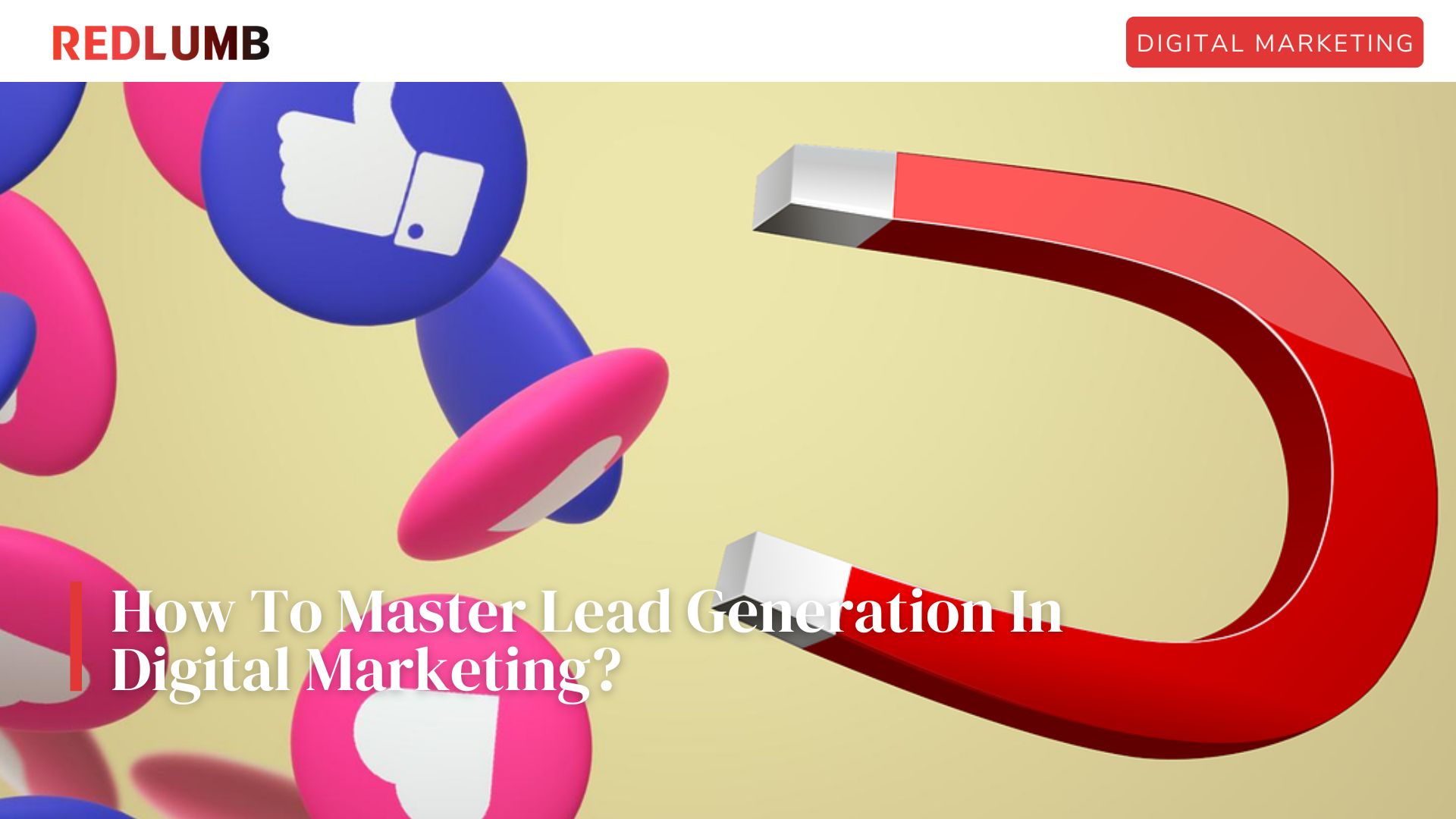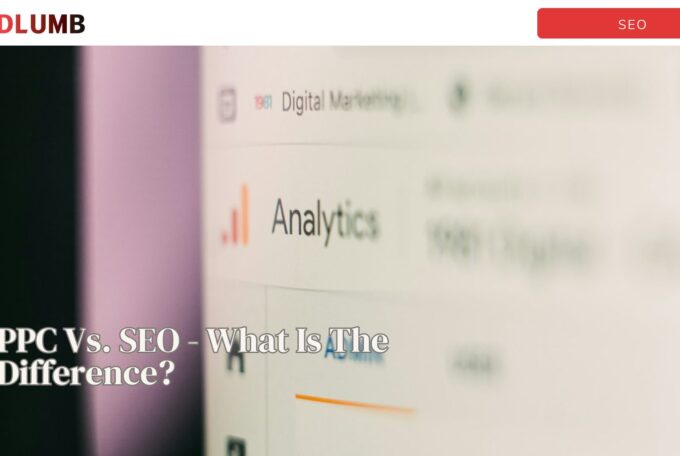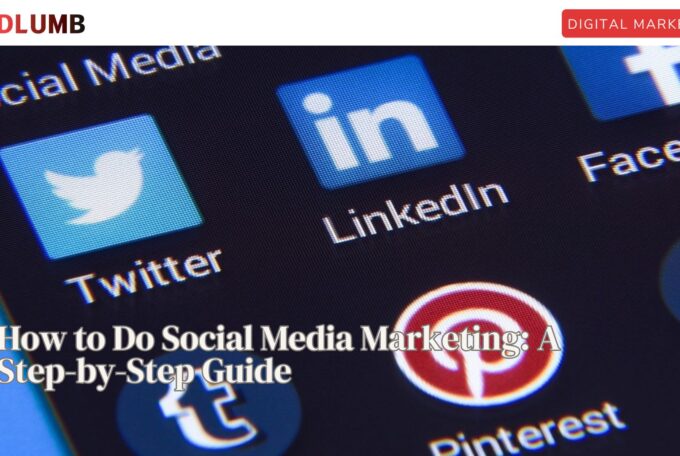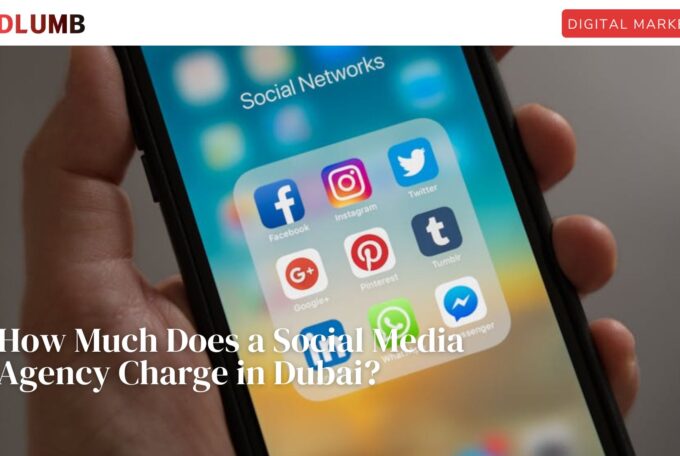Did you know that 61% of marketers consider lead generation their biggest challenge?
The digital landscape is flooded with businesses competing for attention, yet many struggle to convert website visitors into qualified leads. While companies invest heavily in digital marketing, without an effective lead generation strategy, these investments often yield disappointing returns.
Lead generation in digital marketing involves identifying and cultivating potential customers interested in a product or service. It’s the crucial bridge between random website traffic and actual sales – the difference between hoping for business growth and actively driving it.
For businesses seeking sustainable growth, mastering digital marketing lead generation isn’t optional – it’s essential. From selecting the right channels to implementing proven tactics, a well-executed lead generation strategy can transform casual browsers into valuable prospects.
[su_list class=”story-highlight”]Key Takeaways
- Effective lead generation transforms website visitors into qualified prospects, bridging the gap between traffic and sales, and is crucial for sustainable business growth.
- Success depends on a robust framework involving audience targeting, valuable lead magnets, multi-channel strategies, and tools like lead scoring and marketing automation for nurturing prospects.
- Regularly refining strategies through data analysis, aligning marketing and sales teams, and fast response times significantly improve lead quality and conversion rates.[/su_list]
Read More:
- 4 Major Benefits of Making A Website In Dubai
- Revitalizing A Major Hotel’s Digital Presence In Dubai
- Harnessing the Power of Author Schema: Enhancing E-A-T with Structured Data
Understanding the Digital Lead Generation Framework
Lead generation in digital marketing represents a systematic approach to identifying and nurturing potential customers interested in a company’s products or services. The framework comprises several interconnected components that work together to create a robust lead generation system.

At its core, the digital lead generation framework operates through these essential components:
- Audience Identification and Targeting.
- Content Development and Lead Magnets.
- Multi-Channel Distribution Strategy.
- Lead Capture and Qualification.
- Nurturing and Conversion Process.
The framework functions as a two-way business relationship between brands and customers, spanning the entire customer lifecycle from initial awareness to final conversion. Through marketing automation and retargeting, organizations can deliver the right messages at the right times to progress leads through different stages.
A critical aspect of this framework is the lead qualification process, which helps determine which leads are more likely to convert. Organizations implement lead scoring systems that automatically assign numeric points to leads based on predefined criteria, enabling them to focus resources on the most promising prospects.
[su_service title=”Important” icon=”icon: exclamation-triangle” icon_color=”#00ae27″ size=”20″ class=”ImportntBox”]The success of this framework relies heavily on understanding the customer journey and creating personalized experiences across all touchpoints. By mapping the customer journey with an eye toward acquisition, businesses can identify pain points, optimize the conversion process, and create more effective lead generation strategies that drive sustainable growth.[/su_service]
Building Your Lead Generation Strategy
Successful lead generation in digital marketing hinges on creating compelling lead magnets that provide immediate value to potential customers. Organizations must develop resources that solve specific problems while establishing their expertise in the field.
A well-crafted lead generation strategy encompasses these essential components:
- Immediate Value Delivery – Solutions that address urgent customer needs.
- High-Quality Content – Resources worth paying for, offered as free incentives.
- Relevance to Core Offerings – Lead magnets that naturally connect to products.
- Strategic Distribution – Multi-channel promotion across digital platforms.
The implementation process requires careful attention to lead capture optimization. Organizations should focus on creating user-friendly forms that balance information gathering with conversion rates. A/B testing proves crucial in determining the most effective form layouts, fields, and calls to action.
For maximum impact, businesses should integrate their lead generation efforts across multiple channels, including website optimization, email marketing, and social media platforms. This omnichannel approach ensures consistent messaging while reaching prospects through their preferred communication channels.

The key to sustainable lead generation lies in continuous optimization based on performance metrics. By monitoring conversion rates, analyzing user behaviour, and gathering feedback, organizations can refine their strategies to generate increasingly qualified leads that align with their business objectives.
Optimizing Your Lead Generation Process
Optimizing a lead generation process requires a systematic approach to qualification and nurturing. Organizations that excel in lead generation typically achieve a 20% increase in sales opportunities through proper lead nurturing strategies.
The optimization process focuses on these critical elements:
- Lead Scoring Implementation.
- Marketing-Sales Alignment.
- Automated Nurture Sequences.
- Response Time Optimization.
- Data-Driven Refinement.
[su_service title=”Info” icon=”icon: info-circle” icon_color=”#000″ size=”20″ class=”InfoBox”]Lead qualification frameworks like BANT (Budget, Authority, Need, Timeline) or MEDDIC help organizations systematically evaluate and prioritize prospects. Companies implementing these frameworks report significantly higher conversion rates and more efficient resource allocation.[/su_service]
Marketing and sales alignment serves as the cornerstone of optimization. When these teams operate with shared definitions and goals, lead handling becomes more efficient. Organizations should establish clear handoff points between marketing and sales, typically at the Marketing Qualified Lead (MQL) stage, ensuring smooth transitions and accountability.
Automation plays a crucial role in modern lead generation optimization. Through marketing automation platforms, businesses can implement sophisticated nurture sequences that respond to prospect behaviour in real-time. The key is following up with online leads within 5 minutes, as this approach has been shown to increase success rates by up to 9 times.
What’s the Key to Lead Generation Success?
Lead generation is a cornerstone of digital marketing success, demanding strategic planning and systematic execution. Organizations that master lead generation fundamentals – from framework development to process optimization – position themselves for sustainable growth in the competitive digital marketplace.
Success hinges on creating valuable lead magnets, implementing proper qualification frameworks, and maintaining strong alignment between marketing and sales teams. Companies must focus on delivering immediate value while building sophisticated nurture sequences that guide prospects through the conversion journey. Data-driven optimization and marketing automation are powerful tools for effectively scaling these efforts.
Mastering lead generation requires dedication, continuous refinement, and a deep understanding of the target audience’s needs. Organizations should regularly evaluate their lead generation metrics, test different approaches, and adapt their strategies based on performance data. Through consistent effort and strategic implementation of these practices, businesses can build a robust lead generation system that drives qualified prospects and boosts conversion rates.
Moiz Banoori is a Digital Marketing specialist with over eight years of experience in content creation and digital journalism. He leads teams at various brands and focuses on developing effective SEO strategies that enhance online visibility. With a degree in journalism, Moiz combines his passion for storytelling with technical skills to deliver innovative digital solutions at REDLUMB, helping clients achieve their online goals in a competitive landscape.





![What is PPC in Digital Marketing? [Comprehensive Overview]](https://redlumb.ae/wp-content/uploads/2024/11/REDLUMB-Template-12-680x456.jpg)